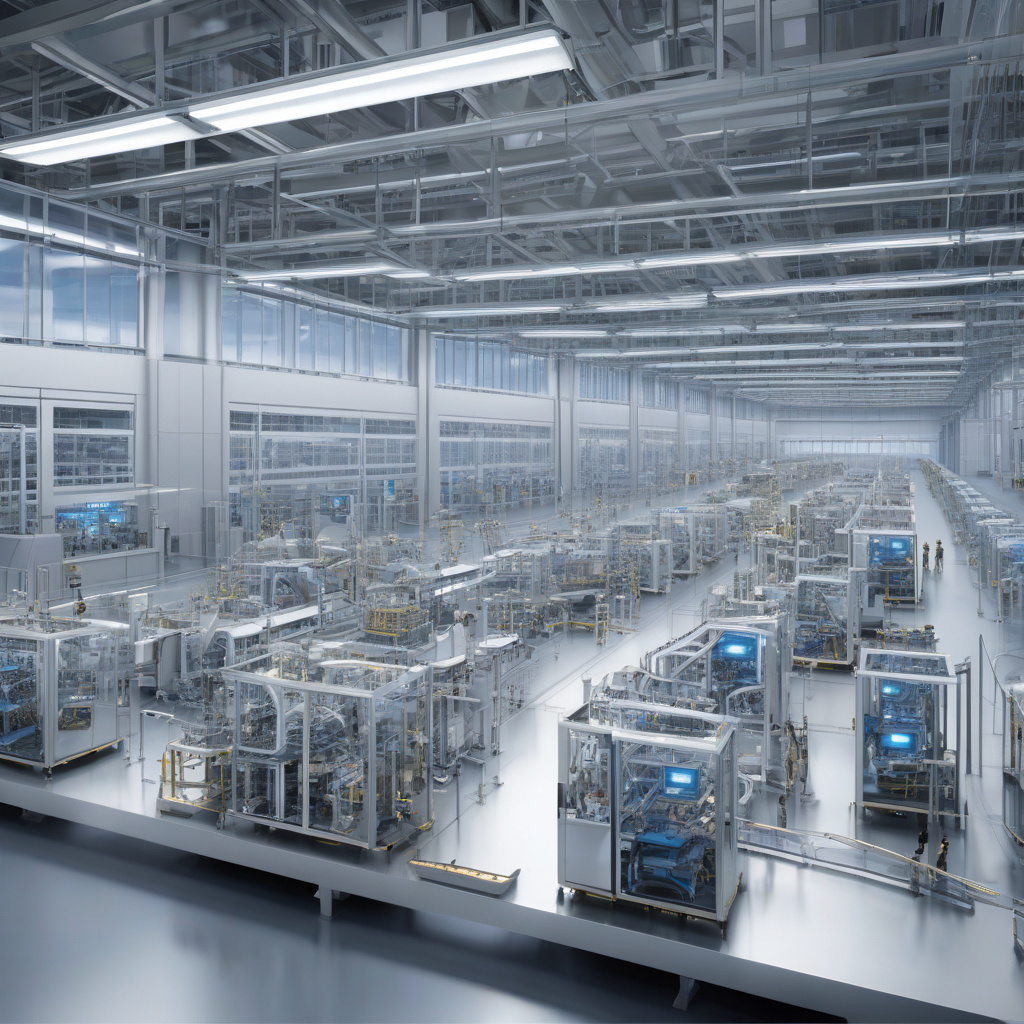In a recent development that has sent ripples through the tech industry, Intel has announced a significant delay in the opening of its Ohio chip fabrication plant. Originally slated for completion much sooner, the $28 billion semiconductor project in central Ohio is now facing a prolonged construction timeline, with an anticipated completion date of 2030 at the earliest.
This delay marks the second time this year that Intel has slowed down the building process, raising questions and concerns among industry insiders and stakeholders. The implications of this postponement are far-reaching, impacting not only Intel’s operations but also the broader landscape of semiconductor manufacturing and supply chains.
With the global demand for advanced chips skyrocketing across various sectors such as AI, IoT, and 5G, any delays in production and expansion can have cascading effects on technological innovation and economic growth. Intel’s decision to push back the opening of its Ohio plant underscores the complex challenges faced by semiconductor companies in meeting the ever-increasing market demands while navigating issues such as supply chain disruptions and geopolitical uncertainties.
This delay also sheds light on the intricate nature of constructing and operating state-of-the-art semiconductor facilities. From securing permits and acquiring land to installing cutting-edge equipment and ensuring regulatory compliance, the process of building a chip fabrication plant demands meticulous planning and execution. Any disruptions or setbacks along the way can have profound consequences, as evidenced by Intel’s latest announcement regarding its Ohio facility.
As the tech industry eagerly awaits the completion of Intel’s Ohio plant, the company’s ability to address these delays and streamline its construction process will be closely scrutinized. The success of this project is not only crucial for Intel’s future growth and competitiveness but also for the broader semiconductor ecosystem, where advancements in chip manufacturing play a pivotal role in driving technological progress and innovation.
In conclusion, Intel’s decision to delay the opening of its Ohio chip fabrication plant until 2030 highlights the intricate challenges faced by semiconductor companies in an increasingly dynamic and competitive market. As the industry continues to evolve, adaptability and resilience will be key factors in determining the success of major projects and the ability of companies to meet the demands of a fast-paced and demanding technological landscape.

